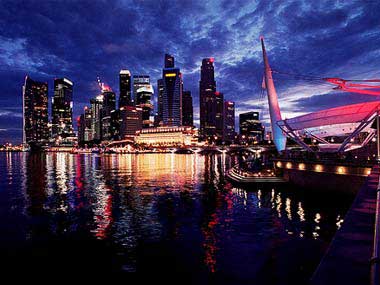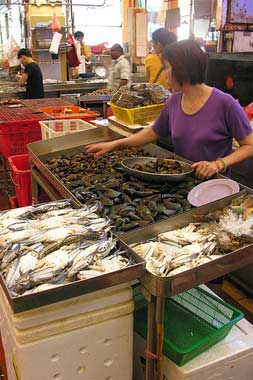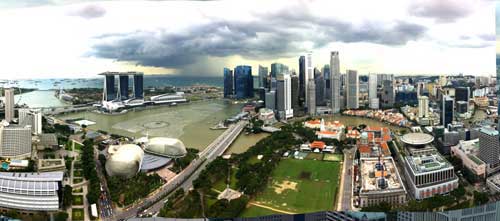Most exclusive Singapore property
In any society, an accurate barometer of the buoyancy of the local economy is to consider the direct correlation with exclusive property prices. Singapore money is certainly benefitting from some large-scale investments, and this is being reflected in many of the stunning properties dotted across the island state.
Recently two casinos have opened their doors to well-heeled Singaporeans, signalling increased levels of affluence. In tandem with these developments, the prices of luxury homes are striking new heights. The buzz in the coffee houses or on the social media networks is of Singapore slowly evolving into Asia's Monaco as a playground for the wealthy.
Singapore's most exclusive properties may mostly be beautiful bungalows, but they remain very much out of the price range of all but a very elite club of multi-millionaires. At the ‘cheaper' end of Singapore's super-rich developments are bungalows along Victoria Park Road. One of these was recently valued at S$48 million. Perched on 32,000 square feet of land, this ageing two-storey home is built to the old colonial style, conveying a sense of austerity and class, despite the wealth of fabulous modern amenities inside. There are eight bedrooms, as well as a staff outhouse containing two maids' rooms and another for the chauffeur.
At slightly more than that price tag (circa S$48.5 million) you can purchase a fine bungalow in the Queen Astrid Park vicinity of Singapore. Occupying 40,500 of square foot, your property here includes 10 bedrooms and nine bathrooms. Outside the property there is a well-appointed garden, not to mention two swimming pools.
In a densely-populated and heavily urbanised vicinity, luscious and well-designed gardens are an obvious selling point for any new property coming onto the market. In Bishopsgate there are several examples of beautifully landscaped gardens making for the perfect backdrop to sumptuous living quarters. With upwards of 22,000 square feet of property available, strolling through the exclusive terraces beneath tropical flora will really give the impression of escaping into the countryside.
Colonial style housing doesn't get more exclusive than the S$55 million dollar bungalow sitting on Leedon Road. For your money, you'll receive 44,000 square feet of prime real estate, with six bedrooms and five bathrooms. The living area is fairly compact but the gardens are immense, with ample scope for dining and entertaining on your shaded patio areas.




